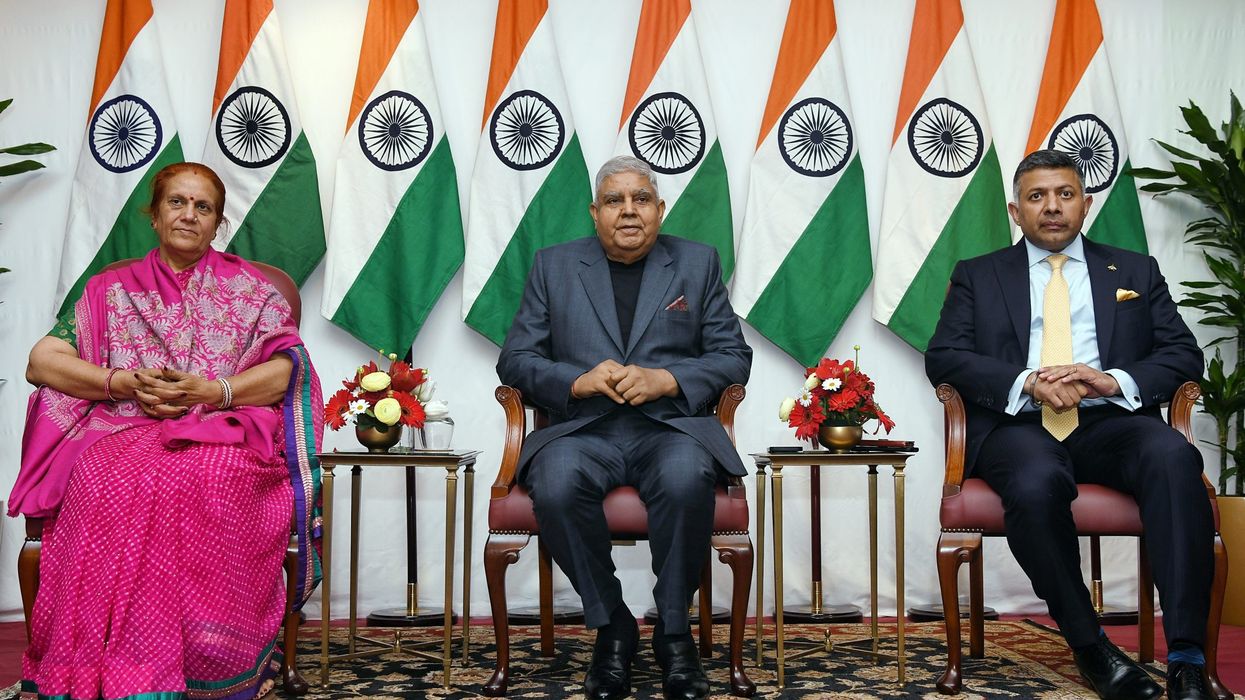Indian vice president Jagdeep Dhankhar emphasised that democratic values in India are not being restricted and are actually thriving more than ever. During an interaction, he urged Indian students in UK to counter false narratives about the country.
Before returning to New Delhi, Dhankhar engaged with students at an event organised by the Indian High Commission on Saturday (6) evening.
Dhankhar expressed pride in their accomplishments and talents, urging them to serve as ambassadors of goodwill for India.
He went on to highlight the many strides made by the country under the leadership of prime minister Narendra Modi and stressed its strong democratic credentials.
“India takes its position on global affairs on its own understanding, for its own welfare and world peace. India is emerging as a superpower,” said Dhankhar.
“There can be no more freedom of expression in any part of the world than in India,” he said. “There is no curtailment of any democratic value system in our country. It is blossoming, it is flourishing as never before.”
He added, “If you don’t approve of it, you must antidote it. A false narrative about such a vibrant democracy is antithetical to our national interest if we don’t react. And, I have no doubt, the most powerful reaction always comes from rational minds."
He said India becoming the most populous country in the world is a great advantage as it has learnt the art of leveraging the demographic component by registering economic progress.
“The share of India’s working age population to total population will reach the highest level by 2030. It will be 68.9 per cent. No other country can make such a claim… transparency and accountability are the mantras behind this. Our power corridors, governance corridors have been fully sanitised of power brokers,” he said.
“From a global perspective, our DNA is so strong that there is no challenge to our intellect,” Dhankhar said, adding “wherever we go, we perform amazingly well.” “For the first time, our education policy allows young minds to fully blossom without constraints. Young people in Bharat are now not job seekers. They are now job creators,” Dhankhar said.
All policies in India are people-centric. They have to affect the lives of ordinary people in the country and that has been the only mantra that is “our guiding principle”.
The technological revolution has transformed our society beyond imagination. This is primarily because of our youth, he added.
(PTI)





